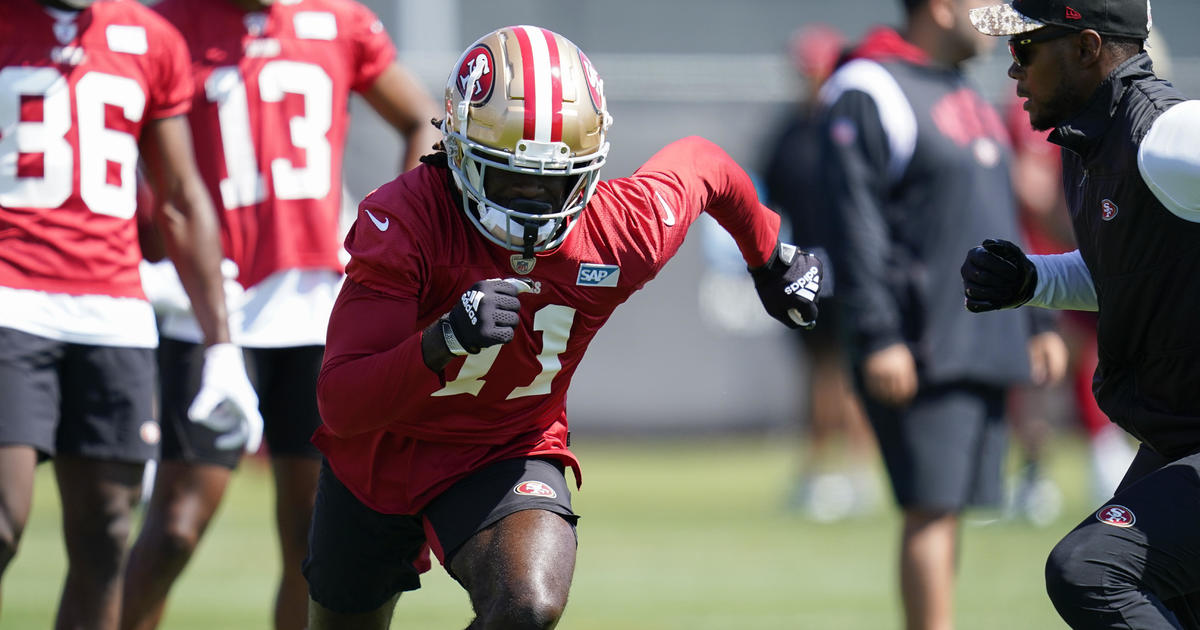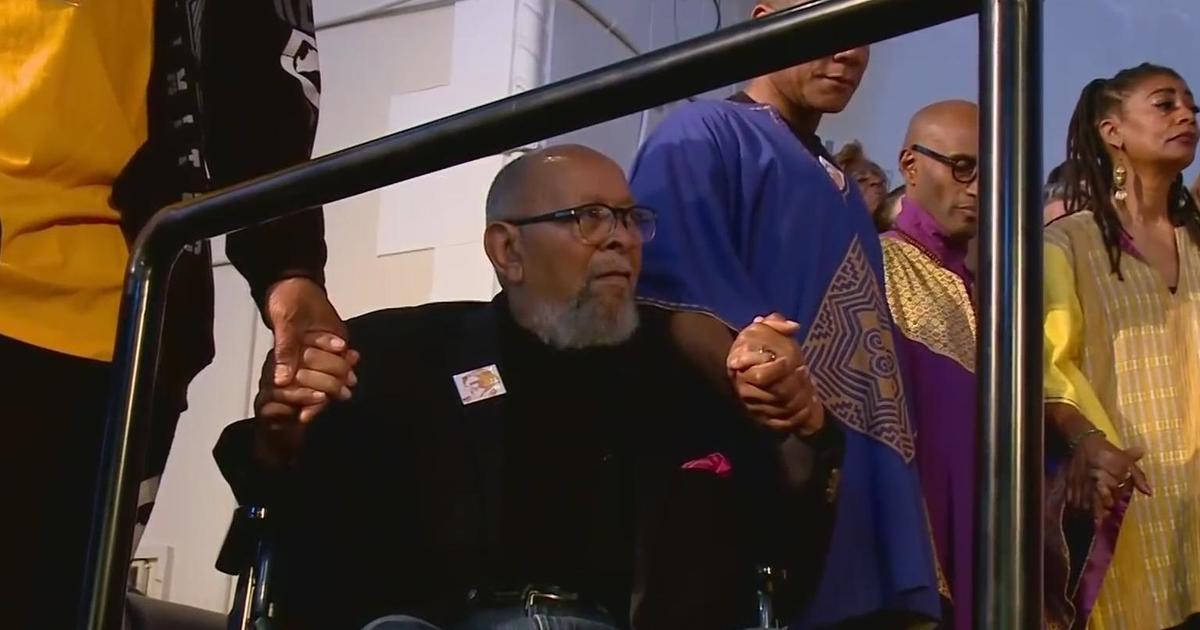Researcher Fights Patients' Early-Onset Alzheimer's Symptoms With Lifestyle Makeover
SAN FRANCISCO (KPIX) -- Millions of Americans are diagnosed with Alzheimer's disease, a progressive brain disorder with no cure. But that hasn't stopped some patients from embarking upon a promising experimental protocol which could, it's hoped, reverse some of the symptoms.
As Zelda Kelly and her partner John Bohan are preparing a healthy meal of wild salmon, served with an all-organic salad they're also preparing to face the biggest battle of Zelda's life: she's been diagnosed with Alzheimer's.
"I lost my job because my memory. I wasn't able to function as well as I had been," explained Zelda.
Her doctor's prognosis was shocking.
"He said you have Alzheimer's and there's no cure for it and there's nothing that can be done. In three to five years you won't remember John," said Zelda.
"When he said three to five years she won't know you, I was shocked! I didn't know what to say!" exclaimed John.
Then the couple learned about an Alzheimer's protocol that is conducted by Dr. Dale Bredesen, former head of the Buck Center for Research on Aging in Novato and who currently works as an Alzheimer's specialist at UCLA.
Bredesen has dedicated his life to one thing.
"Our hope is very simple: to reduce the global burden of dementia," Bredesen says.
Dr. Bredesen is working with 100 patients who he says have shown dramatic improvement with his protocol.
"We essentially ask the question, 'why?' Why do you have this? Instead of just naming it and saying this is Alzheimer's, this is looking at what is actually causing the problem," said Bredesen.
But Alzheimer's disease is a problem that isn't merely devastating, it's also stigmatizing. KPIX 5 News spoke to one patient, a noted professional, who asked that we keep his face and voice disguised.
"People hire me to do meaningful and accurate work for them ... so that exposure is devastating, you can imagine," explained the man.
The patient was losing his mind and feared losing his career.
Then he met Dr. Bredesen and says that, after just a few months on Bredesen's program, he went from low to high on the chart of memory and cognitive ability.
"I don't wander into rooms wondering what I was looking for. It's very encouraging and the people around me that are close to me say it's measurable in their mind," explained the man.
The Bredesen program is actually simple: he prescribes a healthy lifestyle ... exercise, sleep, foods without additives or preservatives, lots of fruits and vegetables, no farm-raised fish, and lots of vitamin and mineral supplements.
The protocol is not without controversy. Much of the scientific community questions his work. But Dr. Bredesen is convinced he is on the right path.
"There's always going to be a resistance to change but if you look at the basic science of this then you would laugh at the current approach," said the neurologist.
It's important to note that Dr. Bredesen says he cannot treat people with advanced Alzheimer's disease. His protocol is only for those with the disease in its early stages.
And for Zelda and John, they are willing to give it a try. They say there's no time to wait for traditional science to come up with solid evidence to determine whether the approach works.
"Some of these studies will take 20 years. We don't have 20 years. We have to move forward and take chances," said John.
The small study suggests that this approach can work. Dr. Bredesen is currently working with more than 100 patients and said he is seeing similar positive results.
For more information , go to buckinstitute.org



